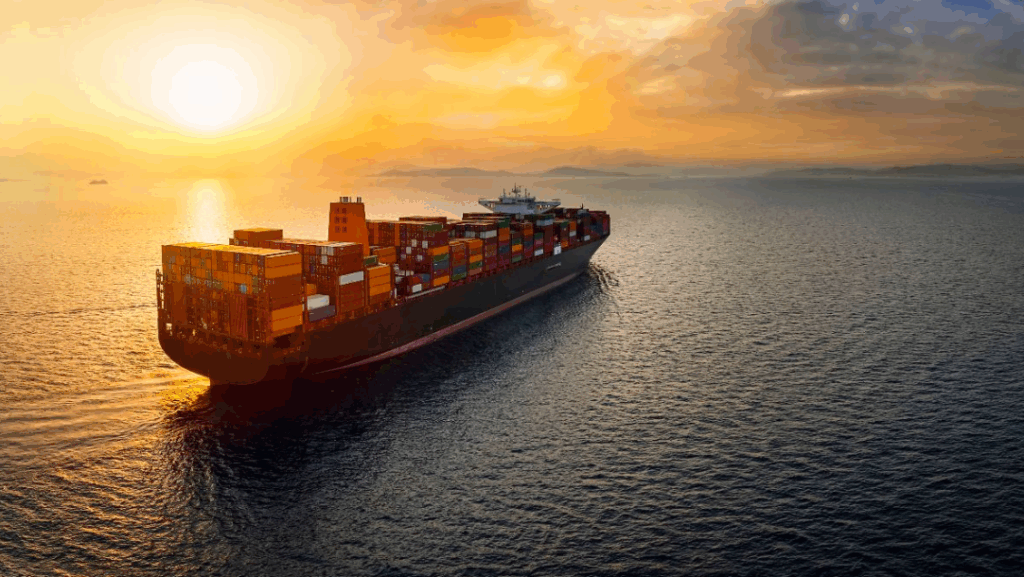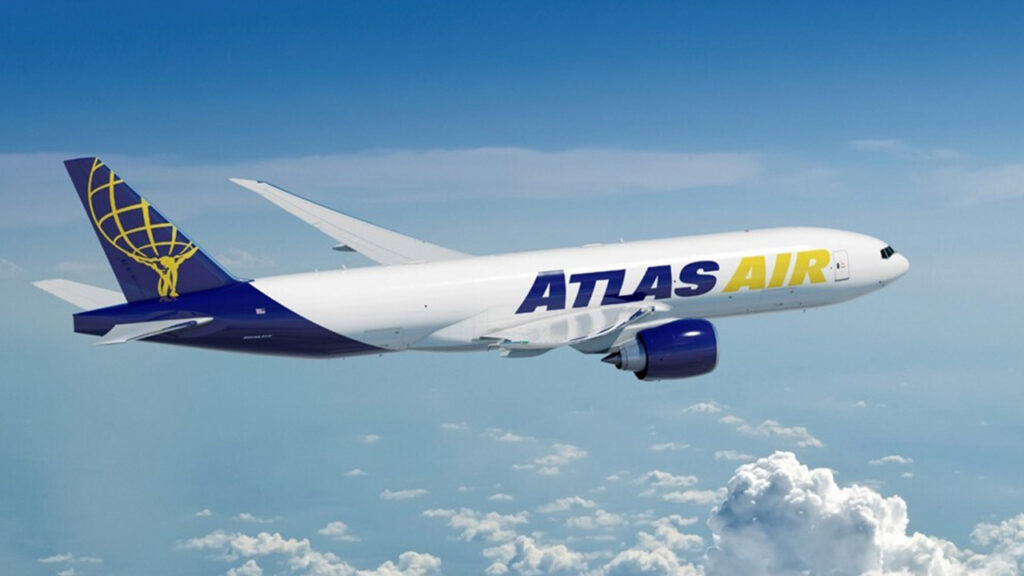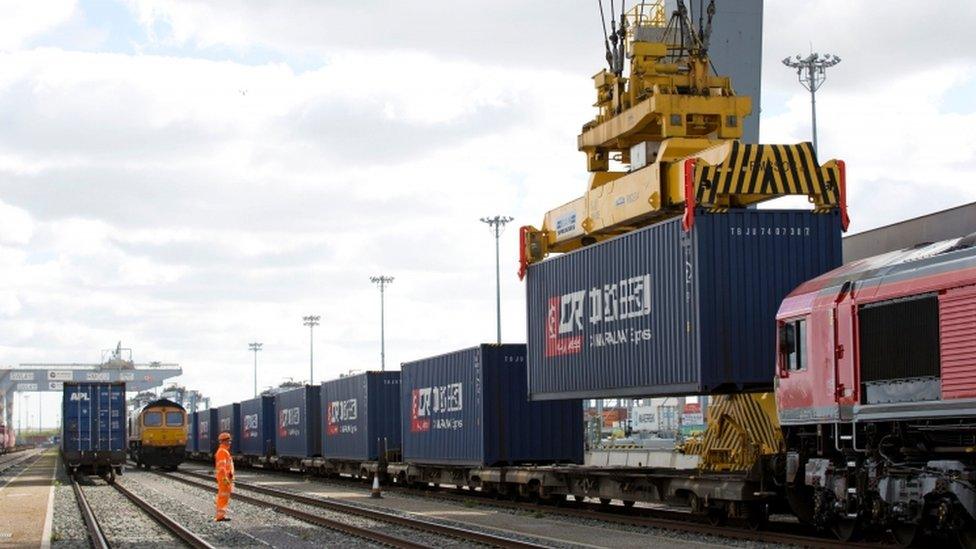Freight forwarders in China are essential partners for businesses importing from the world’s largest manufacturing hub. Because international logistics involves complex shipping costs, customs clearance, and transit time uncertainties, choosing a reliable forwarder ensures smooth supply chains and timely deliveries. With professional freight forwarders in China, importers can simplify shipping processes, reduce risks, and focus on expanding their global trade.
What Services Do Freight Forwarders in China Provide?
Freight forwarders in China offer comprehensive logistics solutions that cover every stage of shipping. They manage container booking, negotiate competitive freight rates, prepare export documentation, and arrange multimodal transportation. Additionally, they provide inland trucking from factories to ports, customs clearance, warehousing, and door-to-door delivery.
For businesses that lack expertise in international trade, freight forwarders bridge the gap by coordinating with carriers, customs authorities, and local agents. As a result, importers can save both time and costs while avoiding shipment delays.
How Does Sea Freight Compare with Air and Rail Freight from China?
When shipping from China, choosing the right mode depends on cargo type, budget, and delivery deadlines. Sea freight dominates global trade due to its low cost for bulk cargo, but air freight offers unmatched speed. Rail freight, part of the Belt and Road Initiative, balances both.
| Mode of Transport | Avg Transit Time | Cost Level | Best For | Advantages | Disadvantages |
|---|---|---|---|---|---|
| Sea Freight | 25–40 days | Low | Bulk cargo, large shipments | Economical, handles all sizes | Slower, port delays possible |
| Air Freight | 3–7 days | High | Urgent, high-value goods | Fast, reliable, secure | Expensive, limited weight |
| Rail Freight | 15–20 days | Medium | Eurasian trade, medium cargo | Balanced speed & cost | Limited to rail hubs |
Why Are Freight Forwarders in China Cost-Effective?
Freight forwarders in China handle large volumes daily, giving them strong bargaining power with carriers such as COSCO, CMA CGM, MSC, and Hapag-Lloyd. Moreover, they consolidate shipments for small and medium importers, allowing cost-sharing in Less than Container Load (LCL) services.
Additionally, forwarders optimize supply chains by combining trucking, warehousing, and customs services, preventing delays that could otherwise add hidden costs.
What Documents Are Required When Importing from China?
International shipping requires compliance with strict customs rules. Freight forwarders guide businesses through necessary documentation:
| Document | Purpose |
|---|---|
| Bill of Lading | Contract of carriage between shipper and carrier |
| Commercial Invoice | Declares cargo value for customs and taxation |
| Packing List | Details quantity, weight, and packaging |
| Certificate of Origin | Identifies country of manufacture |
| Customs Declaration | Mandatory for import clearance |
Correct paperwork minimizes risks of delays, fines, or cargo holds at ports.
Can Freight Forwarders Handle Door-to-Door Shipping from China?
Yes. Many Chinese freight forwarders offer DDP (Delivered Duty Paid) services, covering export clearance in China and import clearance at the destination. They arrange inland transport at both ends, meaning goods move from the factory directly to the buyer’s warehouse.
This solution benefits businesses without overseas offices or customs experience. Consequently, forwarders take on most responsibilities, making global shipping far less stressful for importers.
Real Case Studies of Freight Forwarding from China
Case 1 – Shenzhen to Los Angeles (FCL Electronics)
- Cargo: 40HQ container, consumer electronics
- Transport: Sea Freight
- Cost: USD 6,200
- Transit Time: 28 days
- Outcome: Electronics delivered to California warehouse with smooth customs clearance.
Case 2 – Shanghai to Frankfurt (Air Garments)
- Cargo: 2 tons, fashion garments
- Transport: Air Freight
- Cost: USD 11,000
- Transit Time: 5 days
- Outcome: Seasonal clothing reached German retailers before sales launch.
Should You Choose FCL or LCL When Shipping from China?
- FCL (Full Container Load): Best for large shipments, reduces unit cost, and minimizes handling risks.
- LCL (Less than Container Load): Flexible option for small volumes, sharing space with other shippers.
| Option | Best For | Pros | Cons |
|---|---|---|---|
| FCL | Large, single shipment | Lower cost per unit, secure | Requires higher upfront cost |
| LCL | Small, flexible cargo | Cost-sharing, flexible | Possible delays, extra handling |

What Value-Added Services Do Freight Forwarders in China Provide?
In addition to transportation, forwarders offer:
- Warehousing near ports and airports
- Cargo insurance for protection against loss or damage
- Labeling, packaging, and palletizing services
- Quality control inspections before shipment
- Supply chain consulting for efficiency improvements
These services add security and convenience for international buyers
How to Select the Best Freight Forwarder in China?
Key factors when choosing:
- Experience – Forwarders with industry expertise reduce risks.
- Global Network – Strong overseas partners ensure smooth delivery.
- Transparency – Clear pricing avoids hidden charges.
- Customs Knowledge – Proper handling prevents costly delays.
- Flexibility – Ability to manage FCL, LCL, air, and rail options.
What Are the Pros and Cons of Using a Freight Forwarder in China?
| dvantages | Disadvantages |
|---|---|
| Saves time and effort | Service fees may apply |
| Expert customs handling | Dependence on third-party |
| Better freight rates | Varying service quality |
| End-to-end solutions | Not all forwarders specialize |
Despite small drawbacks, the benefits for most importers outweigh the risks.
Conclusion
Freight forwarders in China remain critical to global trade. They provide sea, air, and rail shipping, customs clearance, and value-added services, helping businesses cut costs and ensure timely deliveries. With the right partner, importers gain peace of mind and focus on growth while logistics are expertly managed.
- Consult TJ China Freight Forwarding for the lowest quote. They will provide you with reliable, cost-effective service.
FAQs
Q1.How do freight forwarders in China reduce shipping costs?
They consolidate cargo, negotiate carrier rates, and optimize routes, providing importers with cost savings on international freight.
Q2.Can freight forwarders handle customs clearance abroad?
Yes, many partner with overseas agents to ensure seamless customs clearance in importing countries for all shipment sizes.
Q3.What is the average sea freight time from China to Europe?
Transit times average 30–40 days depending on origin port, carrier schedule, and destination country in Europe.
Q4.Do forwarders in China provide cargo insurance?
Yes, most offer insurance to protect shipments against theft, loss, or damage throughout international transportation.
Q5.Which Incoterms do freight forwarders in China use?
Common terms include FOB, CIF, and DDP, giving importers flexible cost-sharing and responsibility allocation options.




